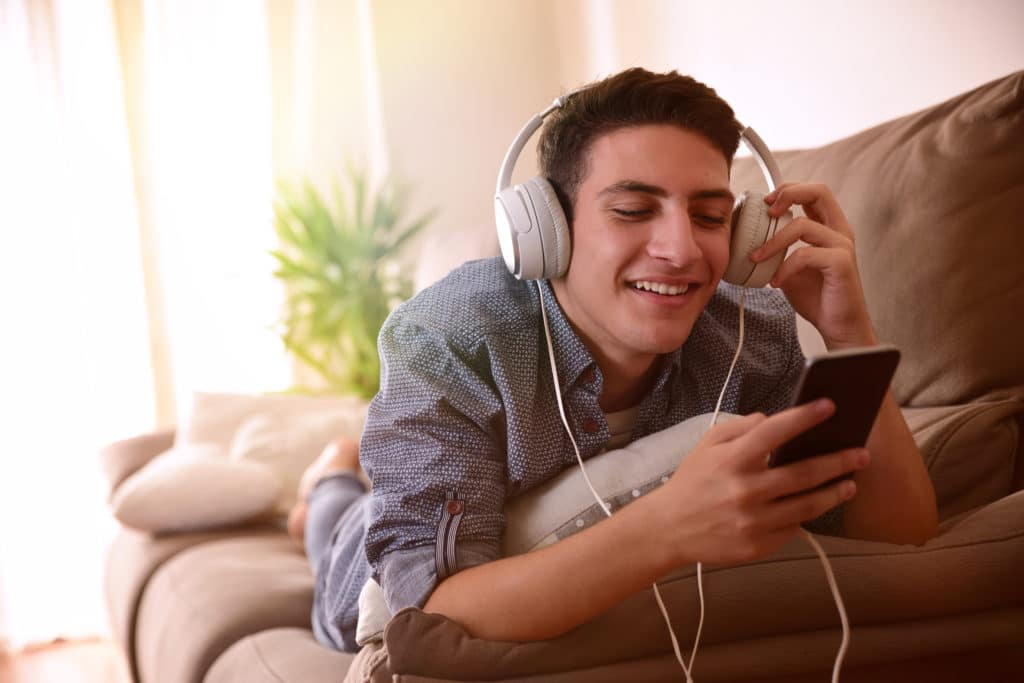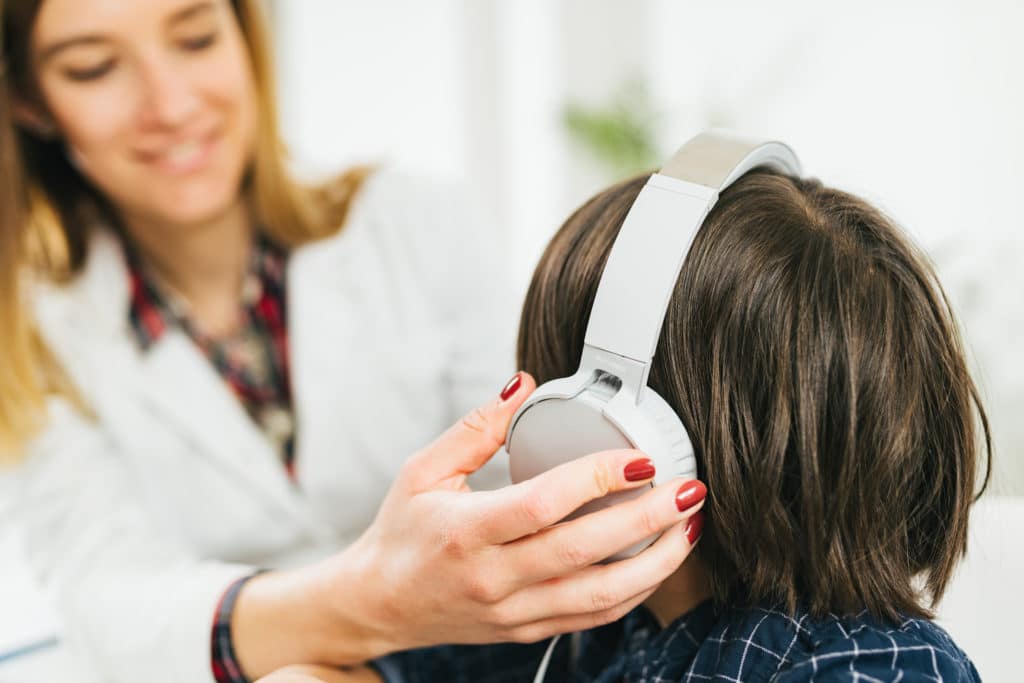
Learn how to protect your hearing during this year National protect your hearing month, and help spread the word.
Noise-induced hearing loss (NIHL) occurs when the cochlea’s tiny hair cells become damaged from loud sounds. Once these hair cells are damaged, they can no longer send information about sound to the brain. Since these hairs do not re-grow to replaced the damaged ones, hearing loss from noise is permanent. So it’s necessary to protect your hearing against this preventable type of hearing loss.
Unlike age-related hearing loss, noise-induced hearing loss can affect people of all ages. A 2017 study showed that about 13 to 18 percent of teens ages 12 to 19 showed possible NIHL. The signs for NIHL might not be present at first glance, but over time symptoms can build over time. Noise-induced hearing loss can make communicating with others harder and enjoying day-to-day living and the sounds of everyday life more challenging.
The Good news is that NIHL is preventable. We believe education is an integral part of our mission at Salem Audiology Clinic. So here are a few simple lifestyle changes to help you avoid noise-induced-hearing-loss.

Move Away:
You can reduce the sound intensity and the impact on your hearing by increasing the distance between you and the sound. Think about being around fireworks or concert speakers.
Wear Hearing Protection:
We understand you won’t always be in a position to avoid the loud sounds, whether at a sporting event or movie theater, even a noisy work environment. Earplugs or earmuffs can help. For parents, carrying hearing protection for your little ones and be a role model by wearing them yourself. If you find yourself in a loud environment without hearing protectors, you can cover your ears with your hands.
Turn It Down:
Keeping the volume low on your portable listening devices (smartphones, tablets, computers) and TVs. If available set a maximum volume level on devices used by children and teens. Sounds below 70 dBA are more often safe. Sounds at or above 85 dBA are more likely to be at risk for noise-induced-hearing-loss, mainly if they last over a long period or repeated exposure. There’s a free app from the Centers for Disease Control and Prevention (CDC) that allows you to measure devices and your environments’ decibel levels.
Share The Facts:
- Over time, being around too many noisy conditions can make you lose your hearing.
- Once you’ve lost your hearing, you can’t get it back.
- 5 in 10 young people listen to their music or other audio too loudly, and 40% of young people are around hazardous noises during events like concerts and sporting events.
- Loud exposure over time can cause irreversible damage to your hearing.

During the month of October, make it a point to have your hearing checked and help raise awareness for healthy hearing. Call us and set up an appointment to have your hearing tested with one of our highly trained audiologists at (971) 701-6322 today!
